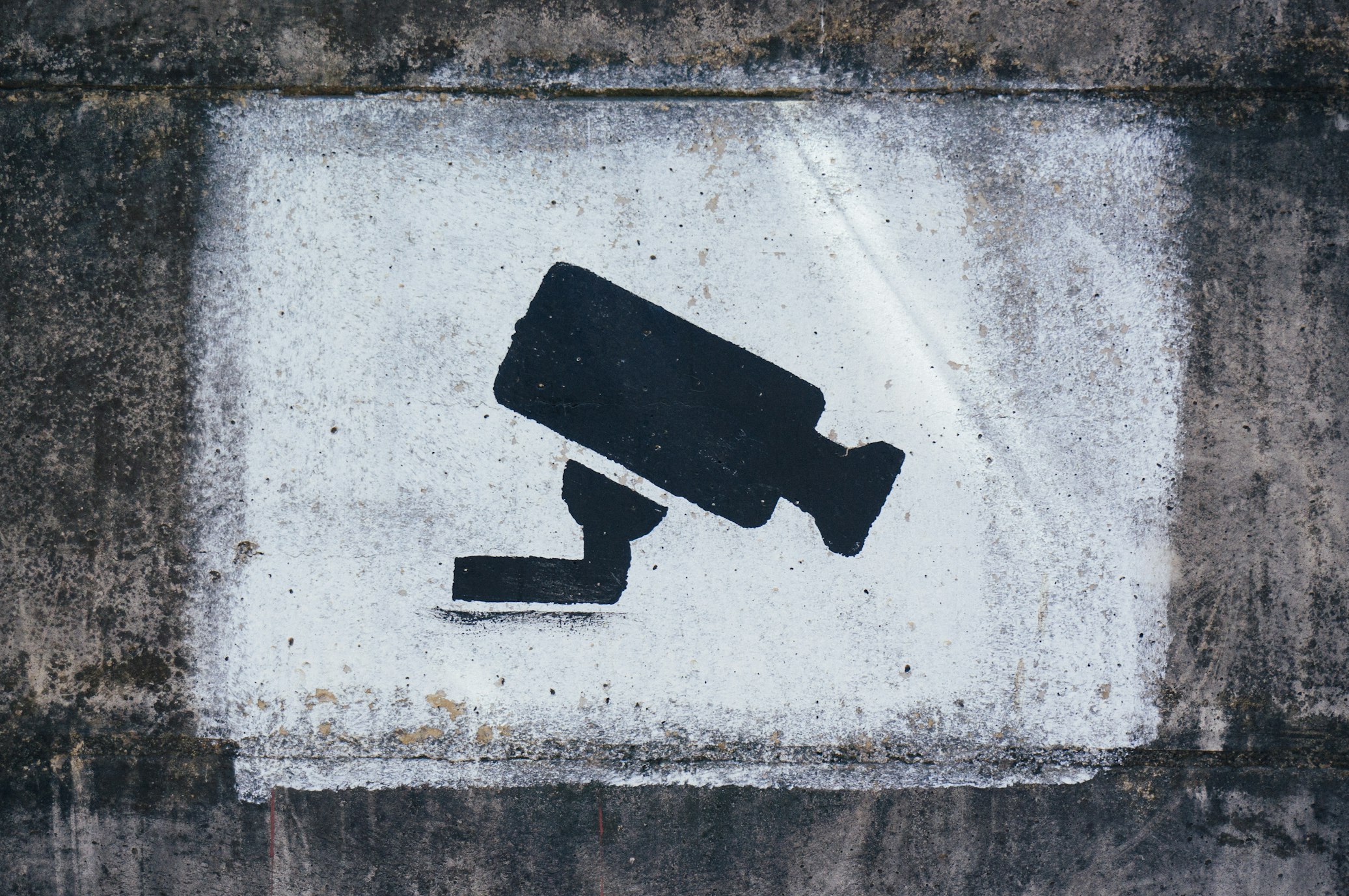The Ethical Dilemmas of Harnessing the Power of Quantum Entanglement
The Ethics of Quantum Entanglement: Should We Use It for Surveillance or Spying?
The ethics of quantum entanglement are a hotly debated topic, with many people questioning whether the benefits of the technology outweigh the potential risks. On one hand, quantum entanglement has the potential to revolutionize the way we communicate and process information, leading to significant advances in fields such as medicine, finance, and transportation. On the other hand, the use of quantum entanglement for surveillance and spying could lead to serious violations of privacy and civil liberties.
As with any technology, it is important to consider the potential consequences and use it responsibly. It is up to individuals, governments, and organizations to weigh the benefits and risks of quantum entanglement and make ethical decisions regarding its use. By doing so, we can ensure that this technology is used for the greater good, rather than being exploited for nefarious purposes.


Comments